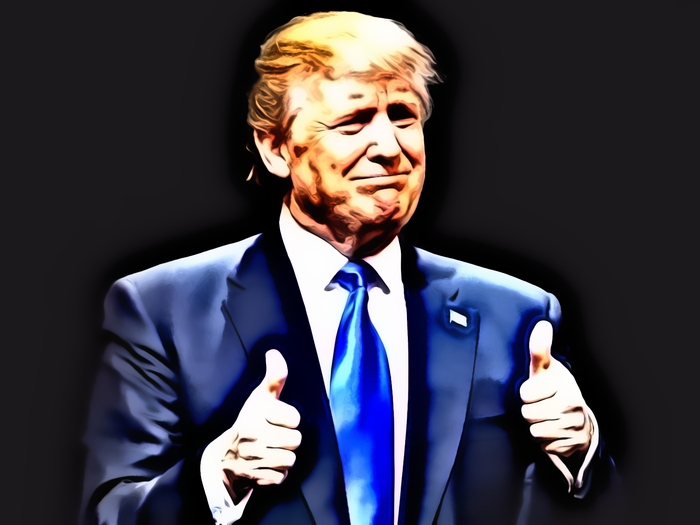
Take NATO: Trump was right that our allies should be spending more on defense. They made a commitment to a floor of 2 percent of gross domestic product for defense spending, and only the United States, Britain, Poland, Estonia and Greece are meeting it. But threatening them, a la Trump, or labeling them "free riders," a la Barack Obama, are both wrong.
The right choice is for Congress, through legislation, to press the new administration into renegotiating how the terms of the NATO pledge are fulfilled. If Europeans aren't able to muster popular and legislative support for increasing their defense budgets, they should be asked to set aside funding to better support U.S.-NATO operations. Congress should also insist they pay more to support U.S. facilities and U.S. troops stationed on their soil.
If they won't, Washington can stop paying for a lot of the bells and whistles NATO nations enjoy without actually harming NATO missions themselves. We can cut funding for headquarters staff and offices, command posts and other bloated trappings of NATO command. Think we can't cherry-pick like that? Check out the history of foreign relations authorizations and appropriations.
Trump also is right when he complains that our feckless fight against the Islamic State and years of disinvestment in our military are projecting weakness in a dangerous world. The United States is not winning, but that does not mean we cannot win. Even after years of (reversible) defense budget cuts, America can still manage limited engagements such as a no-fly zone in Syria, for example. And Congress should have the courage to support this humanitarian use of U.S. power.
There is also an alternative between Trump's preference for backing dictators and the all-out nation-building for which we have shown little talent.
In the 1980s, under Ronald Reagan, the United States supported - with the bipartisan encouragement of Congress - opposition movements the world over.
In the 1990s, under Bill Clinton, the United States supported - at the bipartisan direction of Congress - opposition movements in Iraq.
These are policies that represent both a strategy and an endgame. A return to a strategy of supporting freedom movements is an opportunity to move from U.S. and coalition-led military operations to foreign-led transitional governments in places such as Syria and Libya.
Think Congress can't get the executive branch to play ball and dedicate energy, financing and leadership to political solutions abroad? Think again. Without funding, the State Department and the U.S. Agency for International Development (not to speak of everyone else) can't function. Congress has billions in leverage.
Trade is a more complex challenge. The truth is that deals such as the Trans-Pacific Partnership have been oversold - not because their benefits don't vastly outweigh their costs, but because the pro-trade side fails to acknowledge that some workers truly end up displaced. The guy who loses his job when his factory decamps to China can be forgiven for thinking elites are full of it when they intone on the universal benefits of free trade.
Congress can take on the hard challenge of getting workers the skills they need to compete in today's economy. It can take on the special interests in universities, schools and unions that oppose these changes and the fancy pants who sneer at the need for vocational and technical skills, which could better prepare workers for advanced manufacturing. It can work with states to expand apprenticeship and other work-based learning programs. It can offer the long-term unemployed living in areas with limited job opportunities assistance to move to cities with tighter, stronger labor markets.
None of this is rocket science, but of late, many sensible and even bipartisan suggestions seem to fall on deaf ears. Hostility toward "experts" and the "establishment" is rooted in the same exhaustion with policies that don't work and politicians who do nothing but spin.
It's not that Americans don't want to engage with the world, it's that they want to engage successfully. This theme was among Trump's most resonant against Hillary Clinton: "For 30 years, she's been doing this. . . . She doesn't do anything about anything other than talk. With her, it's all talk and no action."
Frankly, he has a point. And not just about Clinton. Now is the GOP's chance to reunite the party and do something for the American people. All of them.
Danielle Pletka is senior vice president for foreign and defense policy studies at the American Enterprise Institute.


 Contact The Editor
Contact The Editor
 Articles By This Author
Articles By This Author